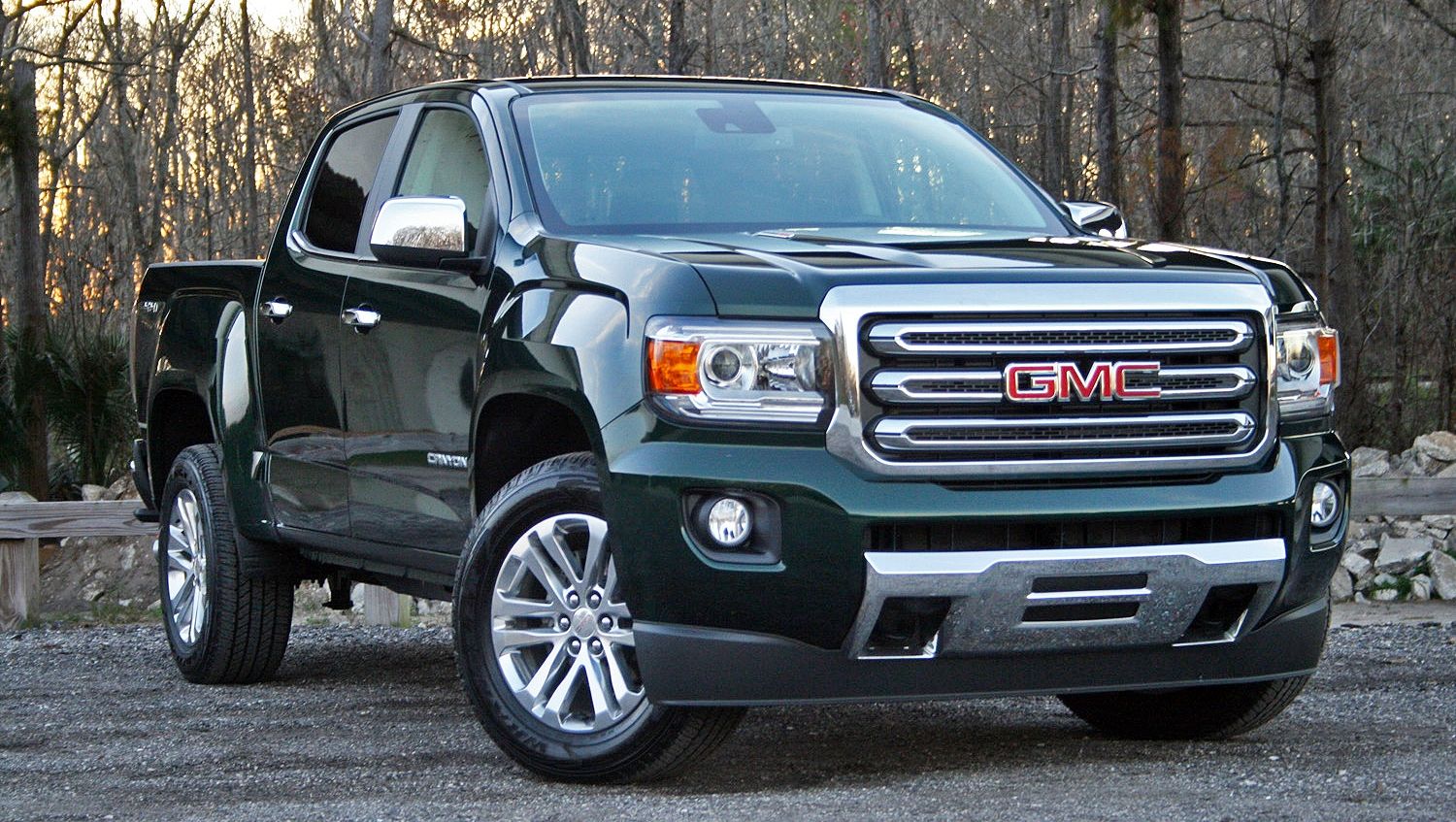California has just signed into law a bill that requires black carbon emissions from diesel trucks and methane emissions from cows and other livestock be cut dramatically by 2030. California’s Democratic Governor Jerry Brown signed the legislation, saying, “We're protecting people's lungs their health by cutting out a poisonous chemical that comes out of diesel trucks. It goes from some machine, into the air and into your lungs.”
The law requires diesel trucks produced by 2030 to have a 50-percent reduction in black carbon emissions. Black carbon, which is different from carbon dioxide, is the black soot seen exiting diesel exhaust pipes. It is said to remain in the atmosphere a shorter time than other pollutants, but still contributes to climate change due to its heat-trapping effects.
Cleaning up diesel emissions will be done at the automaker level, which will result is a wider spread of after-treatment systems on medium- and heavy-duty trucks. As seen with light-duty diesel trucks, the advancements will likely increase truck prices and operating expenses for owners.
Besides diesel trucks, the California law also calls for a 40-percent reduction in methane emissions from livestock. Yes, cow farts from the state’s prevalent dairy industry is under scrutiny again. Ironically, equipment has already been developed to transform airborne methane into useable fuel. It’s called a methane digester and it uses an airtight container to capture gasses coming from collected manure.
While the benefits are said to include reduced methane in the atmosphere and bio fuel for farmers to use, the systems can cost big money. This forces farmers to make shell out sizeable investments into equipment not essential for daily operations in the dairy industry. Price hikes in milk and other dairy products will be the likely results.
Continue reading for more information.
Why It Matters
Leave it to California to put into law legislation focused on climate change. Reducing both diesel and methane emissions will cost the private sector millions, if not billions, in research and development costs over the next 15 years, resulting in higher prices for end consumers.
Milk, for example, would get hit doubly hard. The dairy farms would have to charge more per gallon to offset expenses with installing methane digesters. Truck makers would charge more per truck to offset costs for diesel after-treatment systems. The fleet owners who buy and operate these new diesel trucks would then have to charge more for delivery, tacking on even more cost to a gallon of milk.
Whether or not this expense cycle is worth it depends on your view of climate change. If you’re feeling brave, let us know what you think in the comments section. Just be nice, guys.

